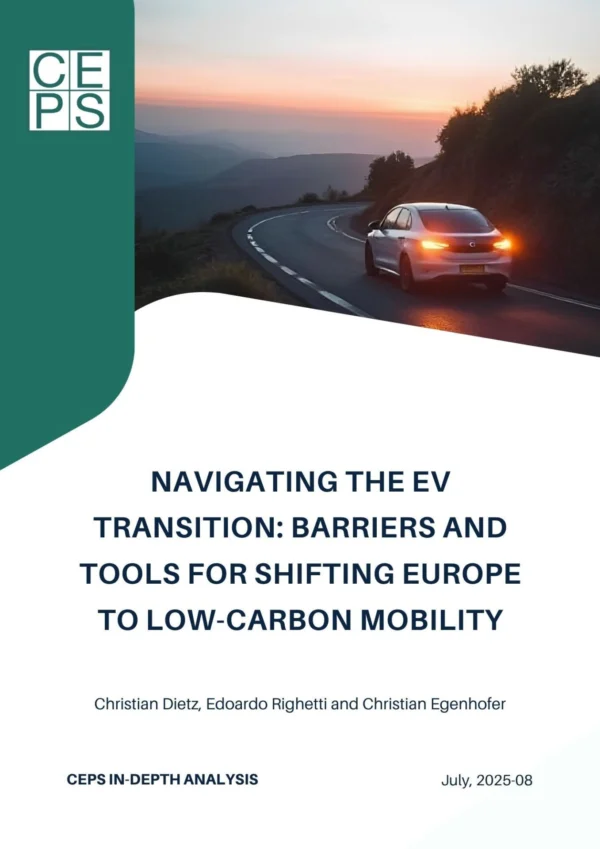The Covid-19 crisis has laid bare the vulnerability of coal regions. Economic recovery and associated funding, as well as the need for new low-carbon solutions, offers a unique opportunity to address the transition of coal regions. The combination of worsening economics of coal and the increasingly universal move towards carbon neutrality makes redeveloping coal regions a priority.
The EU is home to a large number of successful coal region transitions, many of which are ongoing. In one way or another, long-term environmental, sustainable and low-carbon technologies and business solutions are becoming a central element of the transition.
Special Economic Zones (SEZ) are geographically limited areas where companies’ operations are governed by specific rules on taxation, public funding for infrastructure, simplified planning procedures, the provision of specialised business services and attractive living and working conditions. They can play a decisive role in accelerating the economic development of regions affected by economic decline or stagnation.
Effective planning and programming, good governance and the engagement of local stakeholders and the local economy are preconditions for attracting long-term sustainable private investment. Getting governance right has proved to be one of the key determinants of successful transition.
Public funding will also be required, but only as one of the enabling tools, for example to build infrastructure, clean up sites for training and retraining and, more generally, to ease the transition.The EU Recovery and Resilience Facility together with EU budgetary sources, based on the Territorial Just Transition Plans for example, will be able to provide sufficient public money to catalyse private investment where regional plans are sufficiently developed.







